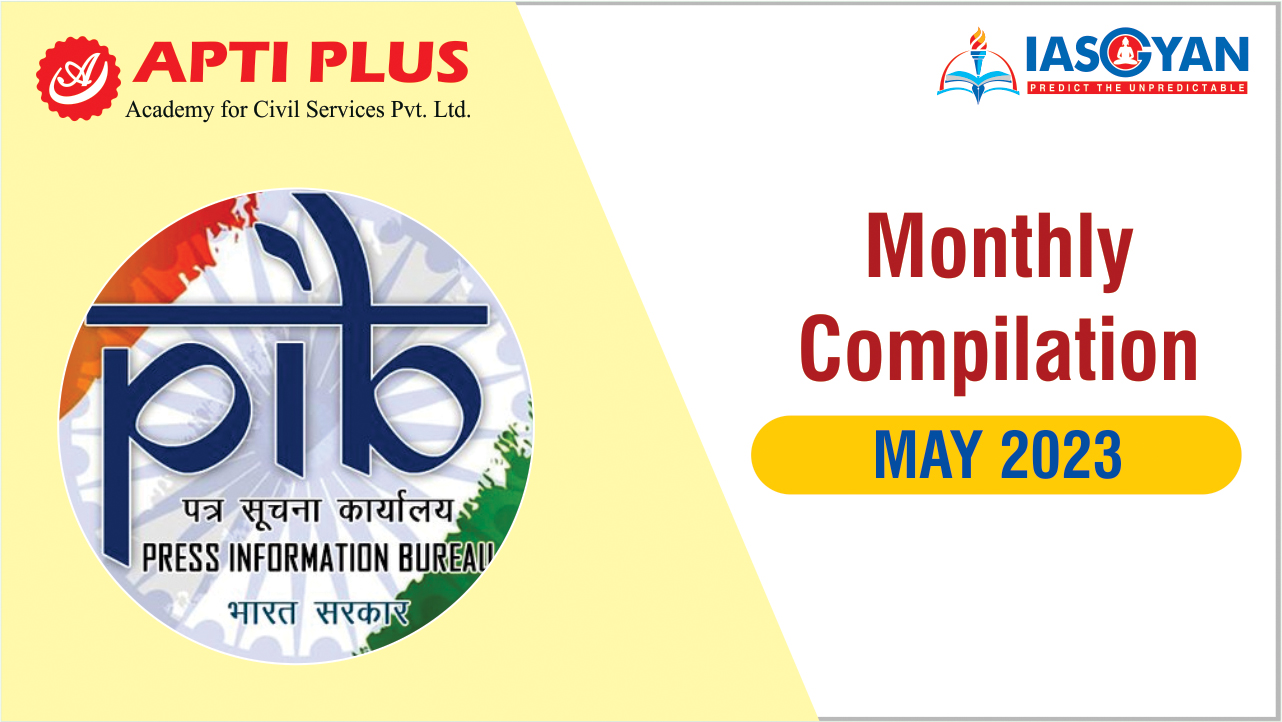.png)
Copyright infringement not intended
Context: The Union Government has recently discontinued the sale of wheat and rice under the Open Market Sale Scheme (OMSS) to state governments, except for some northeastern, hilly, and calamity-hit states. This decision will affect some states, such as Karnataka, that offer free grains to the poor under their schemes.
Details
- The Karnataka government had requested 13,819 tonnes of rice for July from the Food Corporation of India (FCI) under the OMSS without e-auction. But the FCI has rejected the request and informed the state that the sale of wheat and rice under the OMSS for state governments is discontinued.
- The FCI has said that it will continue to sell rice under the OMSS to private parties from the central pool stock as per the requirement to moderate the market prices.
- The discontinuation of the OMSS for state governments may have implications for food security and price stability in some regions. The states that depend on the OMSS for their welfare schemes may have to procure grains from other sources or reduce their coverage. The FCI may also face challenges in managing its surplus stocks and preventing wastage.

Open Market Sale Scheme (OMSS)
About
- The Open Market Sale Scheme (OMSS) is a government initiative in India aimed at reducing the excess stock of food grains held by the Food Corporation of India (FCI) and state agencies.
- The scheme allows the Food Corporation of India (FCI) to sell wheat and rice to bulk consumers, state governments, and private parties through e-auctions at predetermined prices.
Features of OMSS
- The FCI conducts weekly auctions through e-auctions in the open market to sell surplus stocks of wheat and rice.
- The reserve price of wheat and rice for sale under OMSS is fixed by the Department of Food and Public Distribution (DFPD) every year.
- The reserve price is kept uniform throughout the country without adding any further freight to facilitate buyers to lift stocks from any place at ease.
- The sale of wheat and rice under OMSS is undertaken throughout the year in the non-procuring states and during the non-procurement period in the procuring states.
- The quantum of wheat and rice for sale under OMSS is decided by the DFPD based on the availability and demand of food grains.
- The surplus procuring states (paddy/rice) are not allowed to participate in e-auction for the purchase of rice for their state schemes and they are advised to retain stocks under the state pool for their schemes.
Significances of OMSS
Enhance the supply of food grains
- The OMSS helps to enhance the supply of food grains, especially wheat, during the lean season and moderates the open market prices, especially in deficit regions. According to the Department of Food and Public Distribution, the primary objective of the OMSS is to ensure food security for the country through timely and efficient procurement and distribution of food grains.
Prevent wastage and deterioration of food grains
- The OMSS also helps to prevent wastage and deterioration of food grains in FCI godowns due to a lack of storage space and proper maintenance. The FCI is the only government agency entrusted with the movement of food grains from the procuring states to consuming states through a network of storage infrastructure owned or hired by FCI in the whole of India.
Provides an alternative source of food grains
- The OMSS provides an alternative source of food grains for bulk consumers, state governments, UTs and private parties who participate in various schemes and programmes such as ethanol production under biofuel policy. The FCI conducts weekly auctions through e-auctions in the open market to sell surplus stocks of wheat and rice under OMSS.
Generates revenue for the FCI
- The OMSS generates revenue for the FCI and reduces its subsidy burden on the central government. The FCI sells food grains under OMSS at pre-determined prices which are higher than the minimum support prices (MSPs) paid to farmers for procurement.
Challenges faced by OMSS:
Low demand from the buyers
- The OMSS faces low demand from buyers due to high reserve prices fixed by the FCI, which are often above the market prices. The reserve prices are determined by adding various costs such as procurement, storage, transportation and handling charges to the MSPs.
Logistical challenges
- The OMSS also faces logistical challenges such as transportation, handling and quality issues of food grains, which affect the timely delivery and customer satisfaction. The FCI relies heavily on railways for the movement of food grains, which often causes delays and congestion.
Limited impact on stabilizing the market prices
- The OMSS has a limited impact on stabilizing the market prices as it accounts for a small share of the total food grain supply and demand in the country. The FCI sells only a fraction of its total stocks under OMSS, while most of it is distributed through TPDS and other welfare schemes (OWS).
Does not address the structural problems
- The OMSS does not address the structural problems of food grain management such as procurement, distribution and buffer stocking policies, which need to be reformed to ensure food security and fiscal prudence. The FCI procures more than what is required for TPDS and OWS, leading to excess stocks and high carrying costs.
Way forward for OMSS:
Revise the reserve prices of food grains
- The FCI should revise the reserve prices of food grains under OMSS based on the prevailing market conditions and demand-supply situation to attract more buyers and clear the excess stocks. The reserve prices should be dynamic and responsive to market signals.
Improve logistics and quality management
- The FCI should improve its logistics and quality management system to ensure timely delivery and good quality of food grains under OMSS. The FCI should adopt modern technology and best practices for the storage, handling and transportation of food grains.
Diversify product portfolio
- The FCI should diversify its product portfolio under OMSS to include coarse grains, pulses and oilseeds, which are also essential for nutrition security and have a higher demand in the market. The FCI should also explore new avenues for the sale of food grains such as exports, biofuel production and the animal feed industry.
Coordinate with state governments
- The FCI should coordinate with state governments, UTs and other stakeholders to ensure effective implementation and monitoring of OMSS and address any grievances or complaints arising from it. The FCI should also ensure transparency and accountability in its operations under OMSS.

Conclusion
- OMSS is a useful tool for managing excess stocks of food grains in India. It has several features, significances, advantages and disadvantages. It also faces some challenges that need to be addressed. By adopting some measures to improve its functioning, OMSS can play a vital role in ensuring food security and price stability in the country.
Must Read Articles:
World's Largest Grain Storage Plan in Cooperative Sector: https://www.iasgyan.in/daily-current-affairs/worlds-largest-grain-storage-plan-in-cooperative-sector
Price Support Scheme (PSS): https://www.iasgyan.in/daily-current-affairs/price-support-scheme
|
PRACTICE QUESTION
Q. How does the recent discontinuation of wheat and rice sale under the Open Market Sale Scheme (OMSS) by the Union Government affect the state governments, except for some northeastern, hilly, and calamity-hit states? What are the significance, challenges and way forward of this policy decision?
|
https://www.thehindu.com/news/national/centre-checks-price-rise-by-discontinuing-sale-of-rice-wheat-to-states-under-omss/article66969923.ece




.png)
.png)







